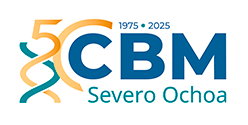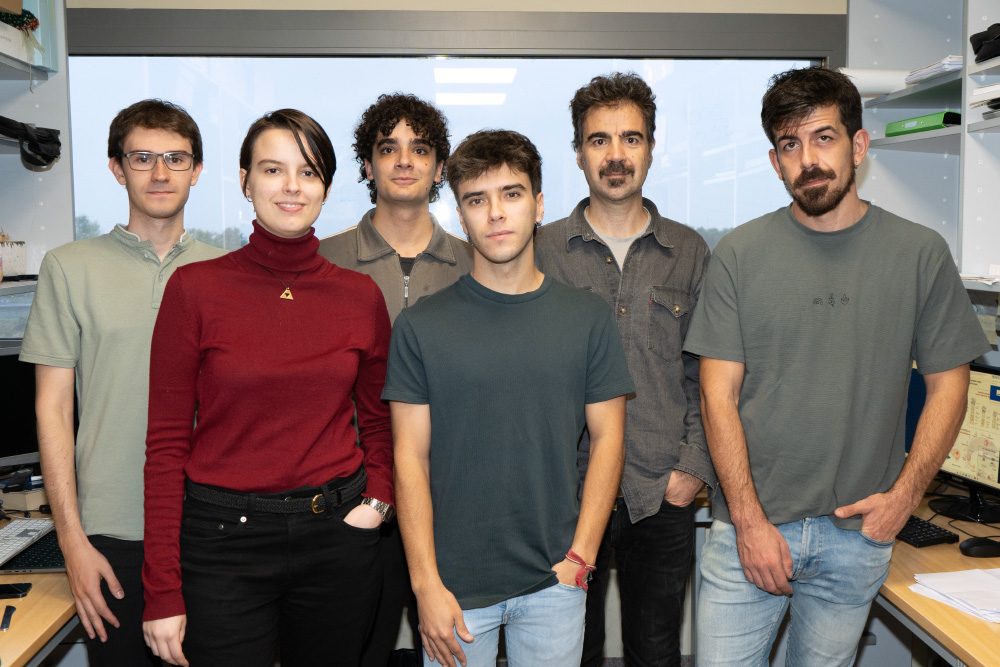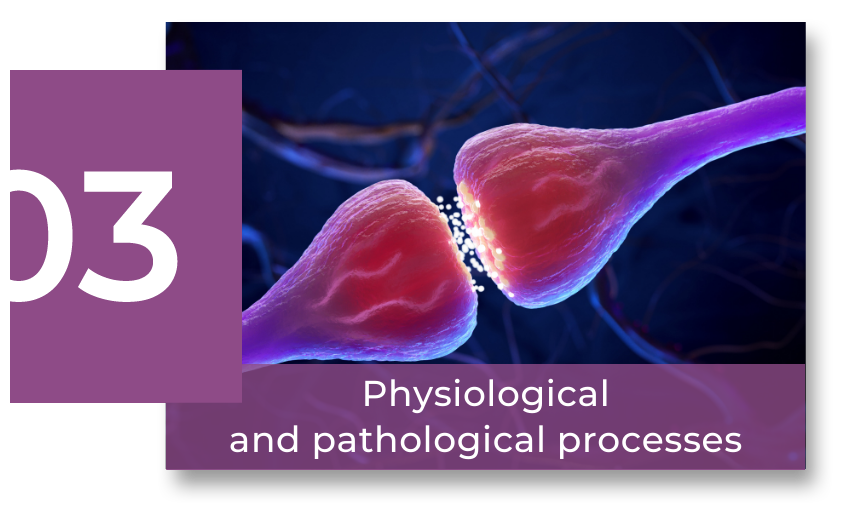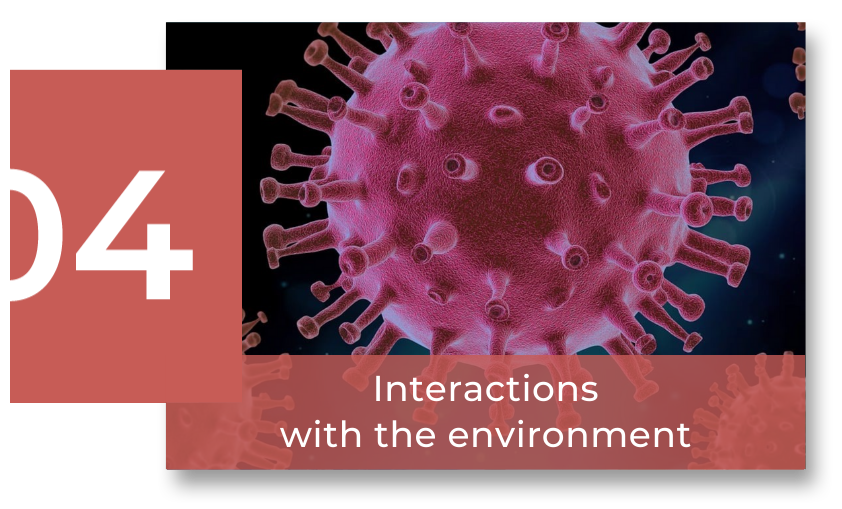Scientific Program
Tissue and organ homeostasis
RESEARCH GROUP
Biophysics and systems biology

David Míguez
We apply experimental, theoretical, and computational tools to the study of embryonic development. Our main interests are the regulation of differentiation during vertebrate development, the nonlinear regulation in signaling cascades and its impact on pharmacological treatment, and The impact of force, pressure, and other mechanical variables on vertebrate development.
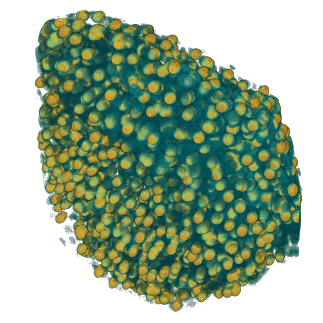
Research
Our lab focuses on the study of the dynamics of developmental systems combing experimental, theoretical and computational tools. Our main interests are:
- Regulation of stem cell differentiation during developmental processes
The cellular machinery is governed by interacting proteins, genes and metabolites that form complex and highly interconnected networks of interactions. This way, extracellular stimuli triggers pathways of biological events that regulate gene expression, protein activity, and ultimately, cell response. We combine in vivo and in silico approaches to understand how the wiring of the pathways determines the role of the proteins that regulate the differentiation of neurons. We also study how the interplay between mode and rate of division of stem cells is orchestrated. To do that, we use in toto microscopy combined with theoretical tools and algorithms developed in the lab to quantify the effect of key regulators in the balance between proliferation and differentiation during vertebrate neurogenesis.
- Nonlinear regulation in pathways and its impact on disease treatment
Small molecule inhibitors display significant potential as treatment for diseases that involve the deregulation of signal transduction pathways. These inhibitors are developed based on their target specificity and binding affinity. We focus on the fact that the numerous signaling proteins and feedback loops in signaling pathways strongly influence the efficiency of pharmacological treatment. The existence of several regulatory positive and negative feedback loops either creates complex dose-responses, desensitization to periodic treatments, or modulation of the drug effect in combinatorial treatments. Our experiments show that the effect of inhibitors strongly depends on the architecture of the targeted pathway, and a detailed characterisation of these nonlinear effects can be useful when designing optimal treatment strategies.
- Stochasticity and effect of perturbations in biological networks
Biological networks control cellular behaviour both at the intracellular and at intercellular level. These highly interconnected networks need to perform in the continuously fluctuating and changing cellular microenvironment. Disruption of these networks often leads to aberrant cell behaviour and disease. This leads to some broad questions that we try to address in the lab at different levels: How can these highly nonlinear biological networks integrate and process information? How can they operate robustly in the presence of noise and fluctuations? What are the mechanisms at the network level underlying the adaptation to the different sources of extrinsic and intrinsic noise ? To answer these questions, we use a synthetic biology approach to analyse experimental and computationally the dynamics of fluctuations in minimal networks motifs.
Group members

David Míguez Gómez
Lab.: 410 Ext.: 4489
dmiguez(at)cbm.csic.es

Diego Mazo Durán
Lab.: 410 Ext.: 4489
dmazo(at)cbm.csic.es

Gemma Navarro Martínez
Lab.: 410 Ext.: 4489
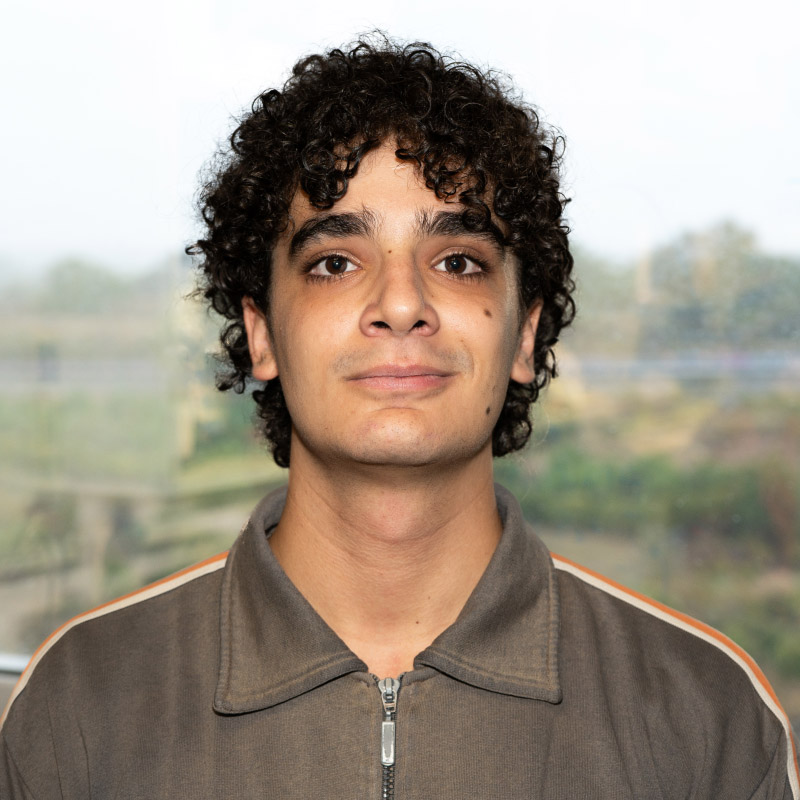
Antonio Juárez Leardini
Lab.: 410 Ext.: 4489

Marta María Pérez Sevila
Lab.: 410 Ext.: 4489
Selected publications

Myosin light-chain phosphatase regulates basal actomyosin oscillations during morphogenesis
Andrea Valencia-Expósito et al.

A Branching Process to Characterize the Dynamics of Stem Cell Differentiation
David G. Míguez

Smad2 and Smad3 cooperate and antagonize simultaneously in vertebrate neurogenesis
David G. Míguez et al.

FGF2 modulates simultaneously the mode, the rate of division and the growth fraction in cultures of radial glia
Mario Ledesma-Terrón et al.
